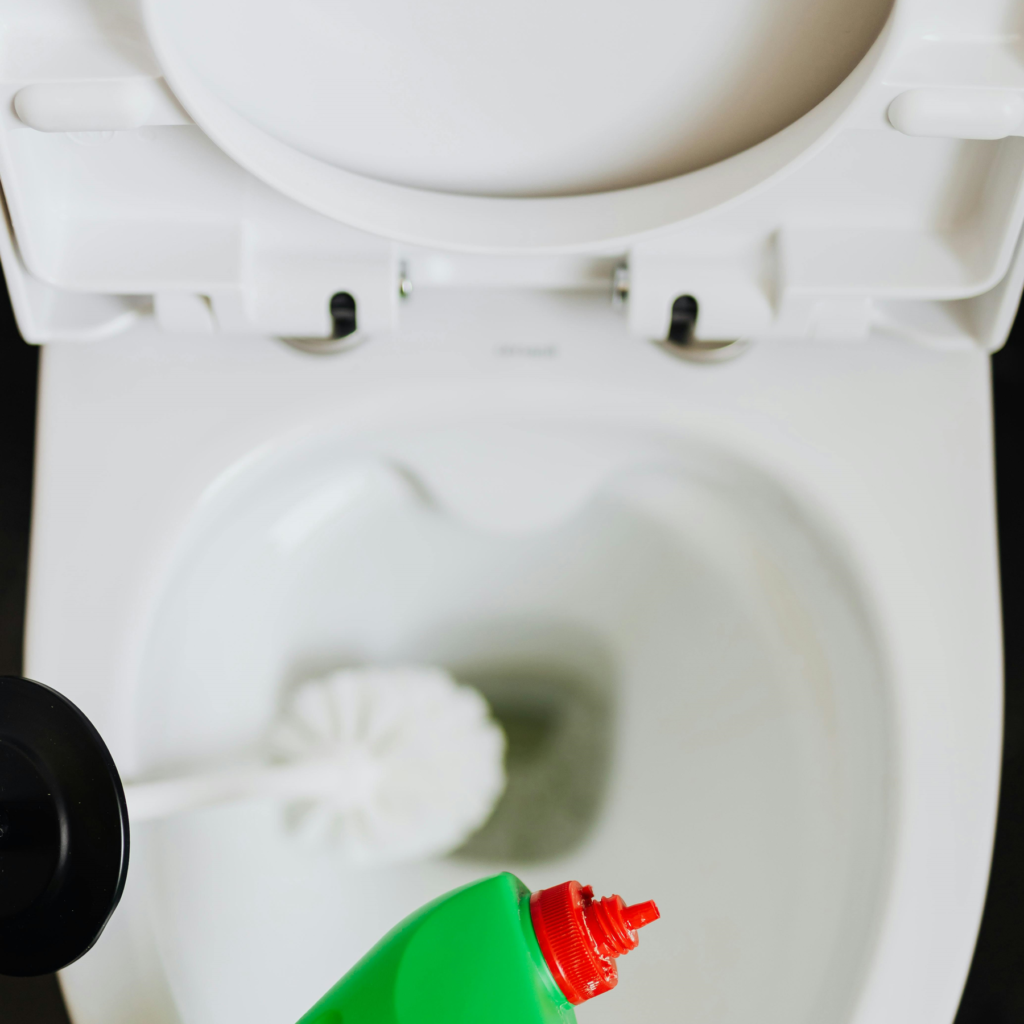Your spring cleaning and purge is done, but you may have forgotten to replace some common household items. Just like the food in our fridge, many household items have a lifespan and need regular replacement to maintain efficiency, hygiene, and safety. Here are 17l household items that you should consider replacing regularly.
- Toilet brush (replace every 6 months): This one is easy to forget as it sits out of sight. The risk of holding on to a toilet brush for long goes without saying. Rinse thoroughly with hot water after each use.
- Water filters (replace as directed on label): Clean water for drinking, cooking and washing is important for your overall health. Many times, you can taste when your filter needs to be replaced. If not, replace as directed by the filter manufacturer or check for indicators like blinking red lights on water filtering appliances.
- Humidifier/air purifier filter (replace as directed on label): Because these are meant to enhance your air quality, it’s important to make sure the filtration system is clean.
- Air Filters (replace every 3 months): Replacing air filters throughout the home can greatly improve air quality and keep your HVAC system working in top condition. This is paramount if you have allergies.
- Toothbrushes (every 3 months): Using toothbrushes beyond their time can cause bacteria to spread in the mouth, leading to even bigger dental problems. Rinse your toothbrush well after each use and allow to dry completely.
- Cutting board (replace every 2-3 years): Cutting boards can harbor germs and bacteria that can easily leach into food. In addition, microplastics can be released from plastic cutting boards when chopping food over time. Replace your plastic cutting board with one made of wood or bamboo.
- Smoke detector (replace every 5-10 years): Testing your smoke detector monthly is a good habit to ensure it works if needed. Place a smoke detector on every level of your home, including in each bedroom, kitchen and living areas, and hallways.
- Pillows (replace every year): Pillows can be a breeding ground for bacteria from sweat and dead skin cells. Wash your pillows once a month and always use a pillow case or cover. Also, replace towels every 2 years.
- Loofahs (replace every 1-2 months): Using dirty loofahs can lead to skin irritation or infections.
- Water bottle straws (wash and clean daily): If left dirty for too long, food, like fruits and vegetables made in smoothies or juices) can clog the straw and cause mold to grow. Even if the bottle is only used for water, it can still contain dangerous bacteria if not cleaned. Purchase stainless steel straws and a straw brush cleaner to keep germs at bay.,
- Kitchen sponges, rags, and brushes (replace every 2 months): Used kitchen sponges, rags and other cleaning tools can hold onto germs that can spread with continued use. Always rinse your sponges and rags and allow them to dry after cleaning. Throw those rags in the wash after a couple of days.
- Shower curtain liners (replace every six months): Liners are meant to get wet, which also means they can mold quickly. Replace plastic liners every six months. If you have fabric liners, wash once a week.
- Expired canned goods and spices (check items for expiration dates): If an item doesn’t have an expiration date, as spices sometimes don’t, replace them every 3 years.
- Makeup brushes and tools (replace every 6 months to a year, depending on frequency of use): If the bristles feel oily or stiff from product build-up, it’s time to wash your brushes with lukewarm water and a gentle shampoo, antibacterial soap or brush cleanser.
- Plastic storage containers (replace once a year): Glass and stainless steel storage containers are best, but if you use plastic, handwash when cleaning and replace every year. Also avoid using plastic in microwaves as the heat can cause microplastics to leach into food.
- Nonstick pots and pans (replace every 5 years): Nonstick material can separate from the cookware and get into your food if the correct utensils aren’t used regularly. To make them last longer, use wooden or silicone spatulas, spoons or tongs to cook. Want to avoid nonstick altogether? Invest in cast iron, glass, stainless steel, or non toxic cookware.
- Mattresses (replace every 5-7 years): Mattresses can harbor bacteria from sweat, dead skin and other bodily fluids. Use mattress covers for added protection. Speaking of beds, replace sheets every 2 years.
